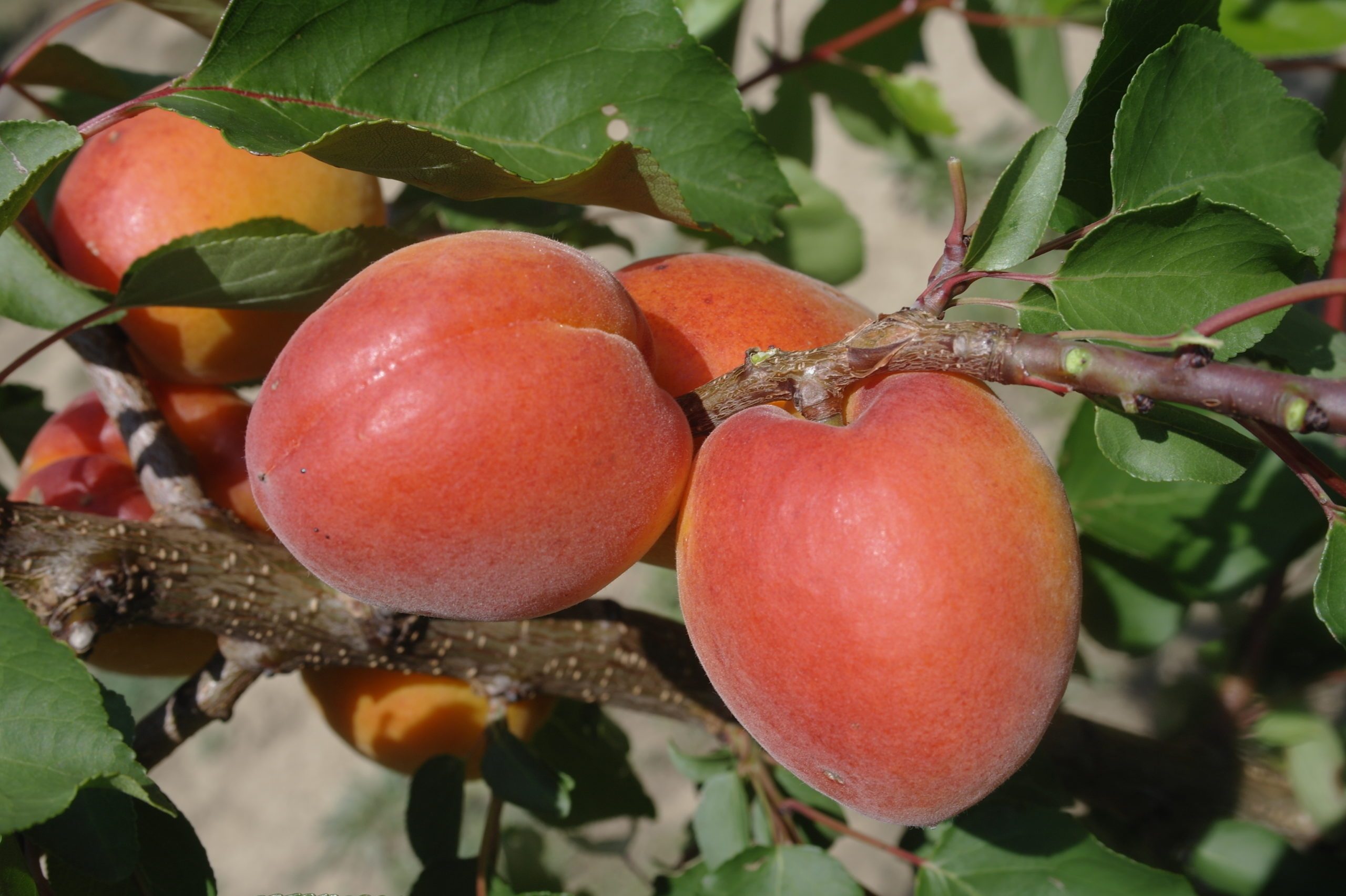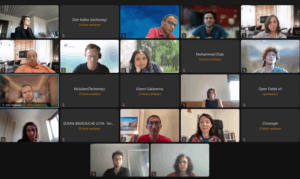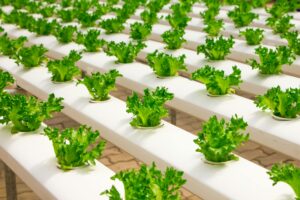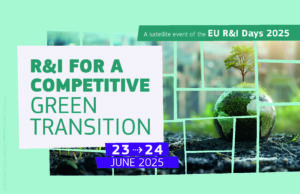A story of fruit trees stronger than climate events
”Nothing compares to visiting the fruit trees in the fields every week and seeing them bloom”, says Sihem Tellah, Professor at the Ecole Nationale Supérieure Agronomique, Algeria, explaining her passion for apricot, citrus and olive trees. ”In the fields, there is no COVID, but there is climate change. Trees are not confined, but they are suffering. Climate change is the main threat to the existence of these fruits. This is not only the case in Algeria but around the Mediterranean”, she adds. “The top priority for both researchers and farmers is to obtain new trees that are adapted to shorter winters.”
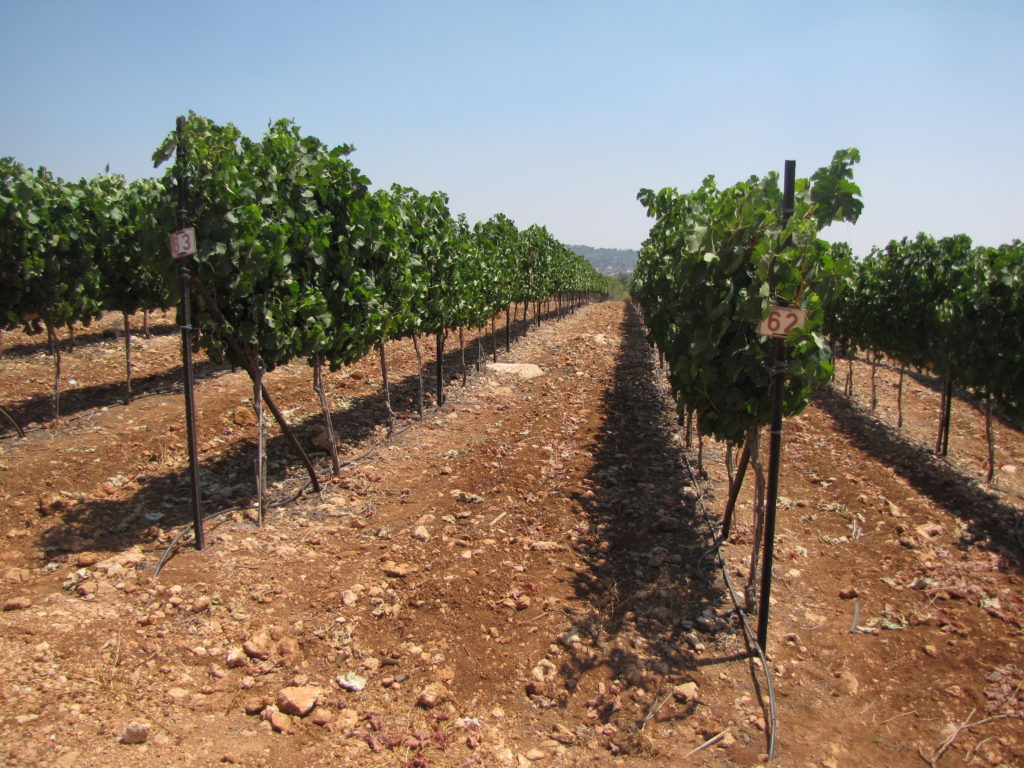
Sihem Tellah is a researcher at the FREECLIMB project, which is funded by PRIMA, the Partnership for Research and Innovation in the Mediterranean Area. Other financed researches also deal with the effect of climate change on fruit trees and its threats to the fruits in the future. A source of vitamins and part of the rich Mediterranean diet, the fruit of the 21st century needs help to survive global warming. The collaborative work of scientists from both shores is fundamental to meeting the challenge.
Three PRIMA projects try to find a solution: FIGGEN, which valorises the diversity of the fig tree, an ancient fruit crop for sustainable Mediterranean agriculture; FREECLIMB, focusing on fruit crops resilience to climate change in the Mediterranean basin, and AdaMedOr, for Adapting Mediterranean Orchards, a science-based design of resilient fruit tree portfolios in the Mediterranean region. All the projects that PRIMA funds must include researchers and institutions from the Northern and Southern Mediterranean basin.
Climate change as the main obstacle
Daniele Bassi, Professor at the University of Milan, Italy agrees with Sihem Tellah. “ Fruit crops suffer from the climatic events in the Mediterranean, which means less rain during the season where we expect rain, and shorter winters for the trees to develop.” Climate change does provoke extreme events like droughts. It is also the main reason behind the increase in sea level, especially in low-lying areas, and intensive irrigation also encourages the salinisation of soils. “If we insist on cultivating the same varieties, tomorrow the trees will not produce any fruits.”
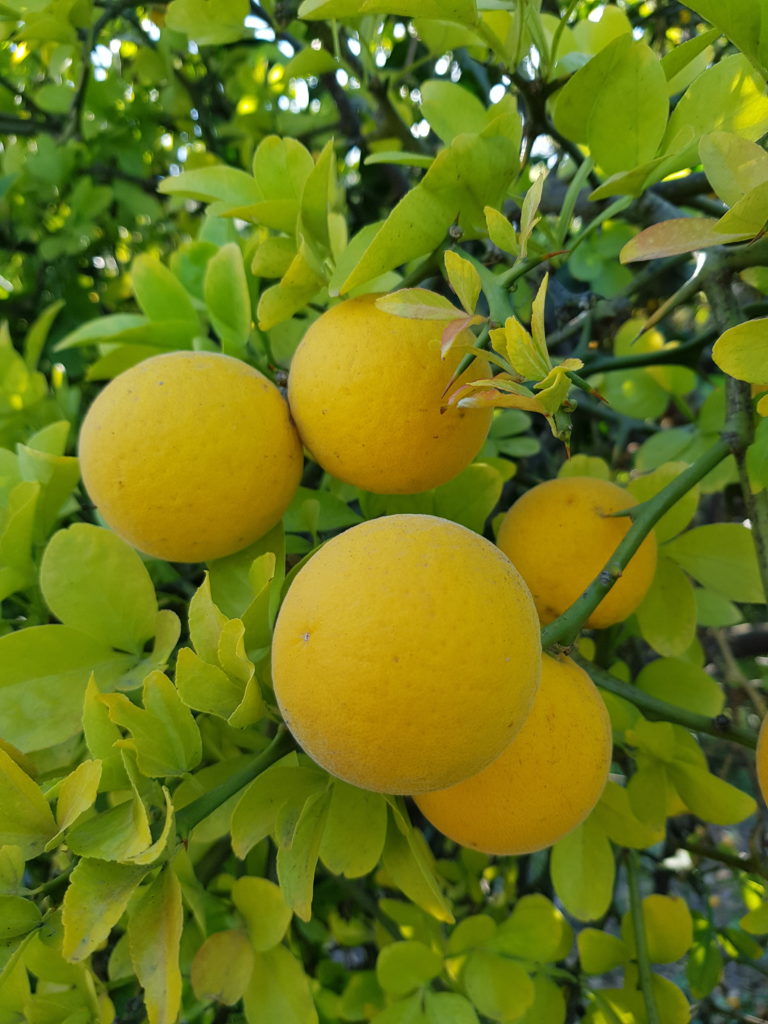
Mapping the fruits of the future
In the AdaMedOr project, which started in 2020, the goal is to model the ability of the trees to break winter dormancy, which may be threatened by warming winters. “We produce data-based models of how trees respond to climate change, to support climate-aware orchard planning. Without such models, adaptation becomes a trial-and-error game – with unacceptable risks for most orchard owners,” says Eike Luedeling, Professor at Bonn University, Germany and the project coordinator. “Our goal is to see what varieties will work best in the future orchards, what is the mixture of cultivars that will work in the future and which region will need which cultivars. “ In the end, after having a map of all fruit trees in the Mediterranean region, researchers will engage with growers in a participatory process to harmonise scientific recommendations with practical requirements related to management and market demands.
Other projects seek to develop new varieties that are well adapted to Mediterranean conditions. Such varieties should be able to withstand warm-winter conditions, tolerate pests and parasites and be able to cope with drought. Not only should they tolerate climate change, they should also be able to produce good fruits in terms of quality and quantity, contributing to food security and economic sustainability for farmers.
A garden better adapted for future challenges
FREECLIMB is a PRIMA funded research project. It started in 2019 and works on six crops: Almond, Apricot, Citrus, Grape, Olive and Peach. The main question FREECLIMB tries to answer is how we can handle extreme climatic change, starting from what we have by exploiting fruit crops’ genetic variability.
“We use the local resources available in nine countries of the Mediterranean with the support of 15 institutions working there to understand what we have in our hands and the primary traces in the region. After creating a list, we will try to use modern molecular tools to describe the material”, Dr. Bassi explains. The goal is to create multi-site reference collections for each crop. Dr. Bassi adds that they try to use the same collection in different countries, under different climatic pressure to come out with the best tree for the future.
“In these gardens of the future, we will be able to preserve the local biodiversity using old and local trees and test on the fields the trees that are better adapted in each specific region. The farmers will receive the new varieties that they can select according to their needs and location. A kind of catalogue but in real conditions.”
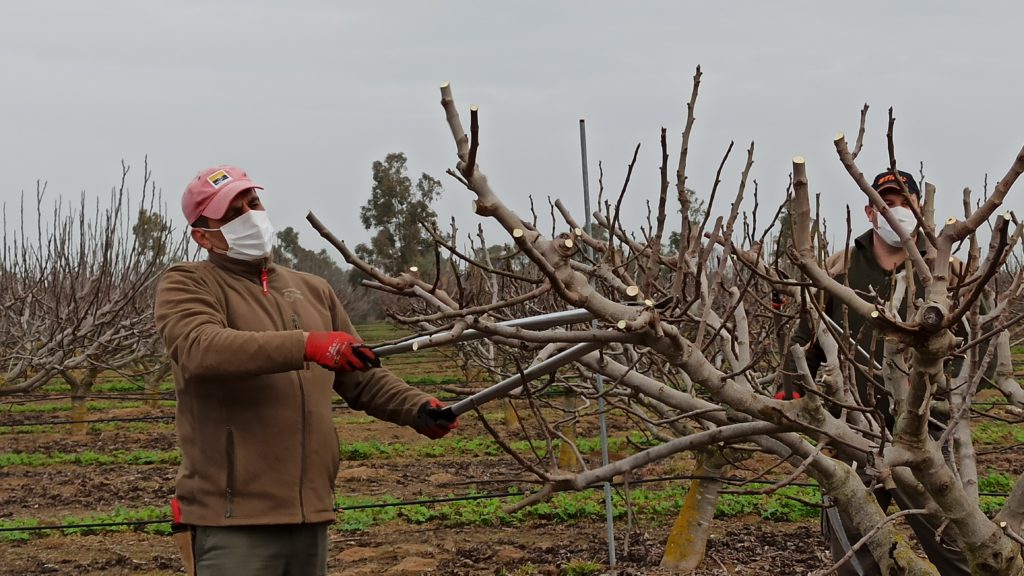
A perfect fig for farmers and consumers
FIGGEN is another project that deals with fruit trees resistant to climate change, namely figs. It works in Tunisia, Italy, Spain and Turkey ever since it started in 2020. “Climate change is the biggest obstacle for the crops”, Tommaso Giordani, Professor at the University of UNIPI, Italy and project coordinator of FIGGEN, explains.
He adds ”We must listen to the people, the growers, the farmers’ associations, the distributors of figs and the researchers. We ask them all in a survey and in several meetings to identify the most essential features of the potentially perfect fig.” Using the living lab approach, where all stakeholders are involved in the research and the decision making, is crucial in these types of research. Farmers are asked to describe how firm, how sweet, how thick the peel of the fig should be and how long shelf life should be. Living Labs is a research concept, which is a user-centred, iterative, open-innovation ecosystem, often operating in a region, while integrating concurrent research and innovation processes within a public-private-people partnership. “ We test about 300 cultivars of fig that could be eventually resistant to climate change in Spain, Turkey and Tunisia.”, Dr. Gordani elaborates.
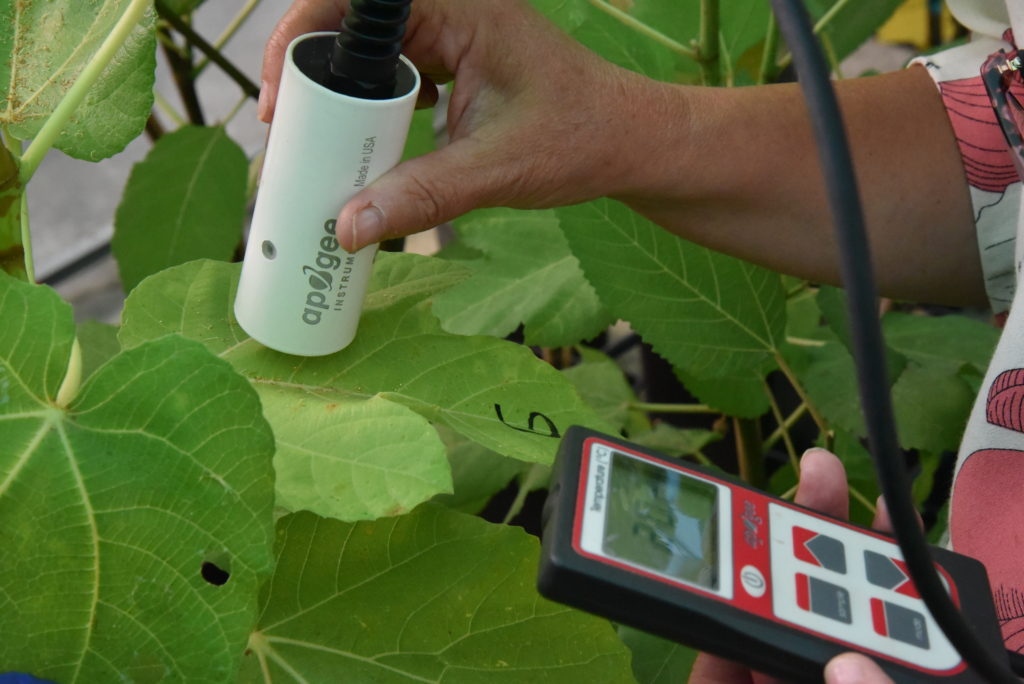
In the future, growers will be invited to try out the new cultivars to test them for free. Actually, a young farmer in Tunisia is already participating in this testing phase. The goal is to increase the number of stakeholders to ten in every country, promote biodiversity, bring to life neglected cultivars and in the end, achieve food equality. “To reach this, we have to work for long days and months. Working on trees is a long-term process and investment. It takes space, time and effort, “Dr Giordani adds.
Biodiversity, food security and cooperations for a better future
Ideally, all the three PRIMA funded projects will try to use the local biodiversity and select the most suitable varieties that can survive climate change. They will be used to create hybrids more resistant to drought, pests, salinity depending on the region and the array. In the end, all of the researchers are trying to reach one goal: combining all the needed characteristics into one single tree that is resistant to drought, parasites and warm winters.
Along with the primary goal of the three projects, different positive side results occur. Not only are these projects trying to ensure the fruit of the future, but they will also be keeping biological biodiversity in the region. In addition, this will mean granting food security for future generations, making sure the fruits of today are there for us tomorrow without being affected by climate change.
These projects have also opened several ways for cooperation between institutions, researchers, and farmers in the Mediterranean and worldwide, introducing new scientists in multi-demo sites with their specificity. All of the projects train new generations of agronomists and technicians by exchanging people from the Northern and Southern Mediterranean and beyond.
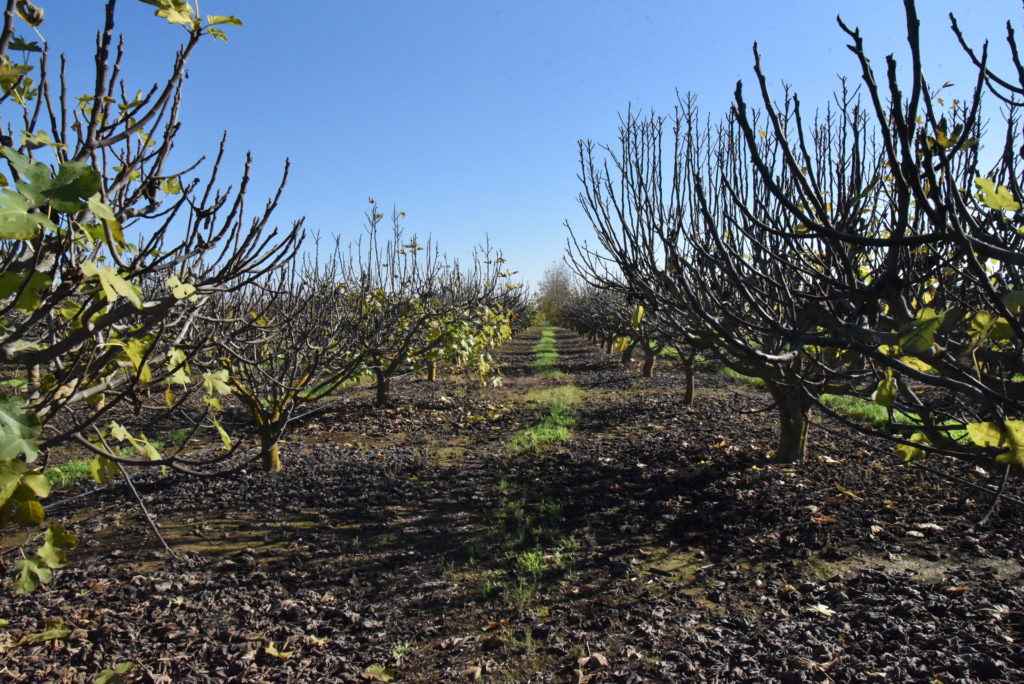
Furthermore, the selection of resistant trees to plagues, pests, and parasites will decrease the use of chemical treatments and be more and more aligned with the strict regulations of the Northern countries about the use of chemicals, as well as ensure the development of sustainable farming practices.
Sihem Tellah, the researcher at the FREECLIMB project wraps up: “This project has made it possible for me to start students’ exchanges between universities from Algeria and Greece. It has allowed me to gain credibility from local governmental and societal institutions to support research and innovation. It has opened lots of channels for my team and me to learn from farmers and growers in the field and help them grow better trees.”

